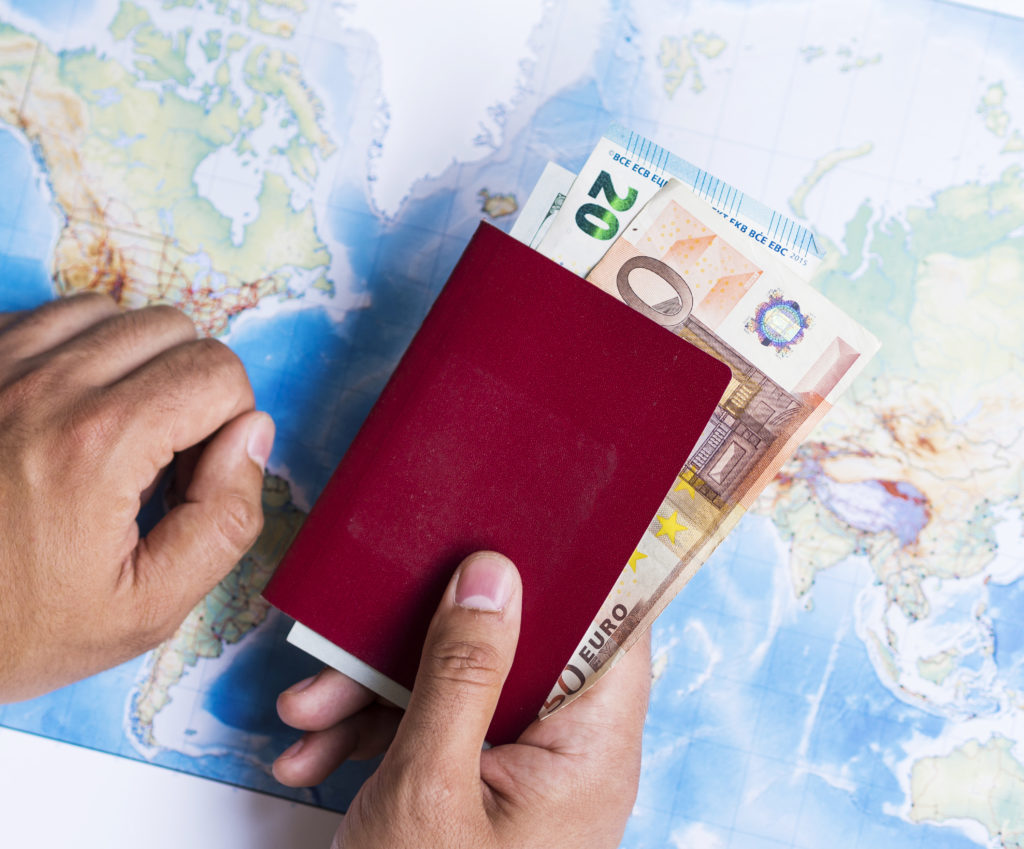
Most employees in the Netherlands expect to receive their holiday allowance in the month of May or June. However, this year, due to the financial difficulties caused by the coronavirus outbreak, some employees fear that their employer may be, at best, reluctant to pay out the holiday allowance on time and, at worst, unable to pay the holiday allowance at all. One of the trade unions, CNV, has reported that 8% of its members have stated that their employer will not be paying the holiday allowance that is due to them. Is this permitted by law?
Statutory right to holiday allowance
Everyone who is employed in the Netherlands is entitled to paid vacations days and to a sum of vacation money (in Dutch: vakantiegeld) which, for the purpose of this blog article we will refer to as the holiday allowance. The purpose of the holiday allowance is, in theory, to encourage employees to actually take a holiday. This, in turn, should result in improved performance from the workforce. However, it should be noted that the choice of whether and how to spend the allowance remains with the employee.
The Dutch Minimum Wage and Minimum Holiday Allowance Act stipulates that employees are entitled to a holiday allowance of 8% of their gross annual salary.[1] The Act also stipulates that the holiday allowance must be paid in June. However, by written agreement, via a collective labour agreement or employment agreement, parties may agree on a different month for the payment. Many companies choose to pay the holiday allowance in the month of May so that employees can book their summer holiday. The allowance is usually paid annually but the Act also allows payment on a monthly basis.

Late payment holiday allowance only possible with the employee’s consent
The employer is, in principle, not allowed to change the timing of payment of the holiday allowance. Payment later than agreed is only possible with the employee’s consent. If the company is suffering financially the employees can agree to an arrangement where the holiday allowance will be paid in instalments or at a later time. Similarly, reducing the amount of holiday allowance or refusing to pay it altogether is only allowed with the employee’s consent. Read more about changing employment conditions in our blog Adjusting employment conditions: what are the employer’s options?.
This spring, employees who work in the hospitality industry were asked to agree to delayed payment of the holiday allowance. Trade unions disagreed with changing the employment conditions, refusing to facilitate delayed payment of the holiday allowance. The Dutch hospitality association, Koninklijke Horeca Nederland, called for the employers in the hospitality industry to make individual arrangements with the employees. A poll dated 28 April 2020, conducted by the trade union FNV Horeca, shows that 30% of the hospitality employees were willing to agree to a delayed payment. Another 25% of the employees stated they would only agree, by way of compensation, if it could be guaranteed that they would keep their jobs.
Consequences of late payment without the employee’s consent
If an employer pays the holiday allowance later than agreed, without the consent of the employee, the employer will incur statutory interest and the so-called statutory increase will also become due to the employee. The amount of this statutory increase depends on the number of days of non-payment and can easily rise to 50% of the holiday allowance.
Subsidy for holiday allowance under the Dutch NOW scheme
The Dutch Temporary Emergency Bridging Measure to Preserve Employment (“the NOW scheme”) has been created in response to the coronavirus outbreak. Under the NOW scheme employers suffering from a substantial loss of turnover can apply for government subsidy to help pay salary costs. In addition to the wage sum, employers will receive an extra 30% for holiday payment, pensions and social contributions. As of 1 June 2020, this will be raised to 40%.
Late payment or non-payment of the holiday allowance may have consequences for employers claiming the subsidy. The NOW scheme does not address this subject explicitly, but in view of the fact that the employer receives an extra amount of subsidy for holiday allowance, it seems logical that the employer is required to actually use this additional subsidy for the (timely) payment of the holiday allowance.
If you have any questions regarding this matter please don’t hesitate to contact us by using our contact form or telephone: +31 (0) 20 – 68 98 123 or e-mail: info@noordamadvocaten.nl.
[1] This statutory minimum of 8% holiday pay is not applicable to the salary exceeding three times the statutory minimum wage.